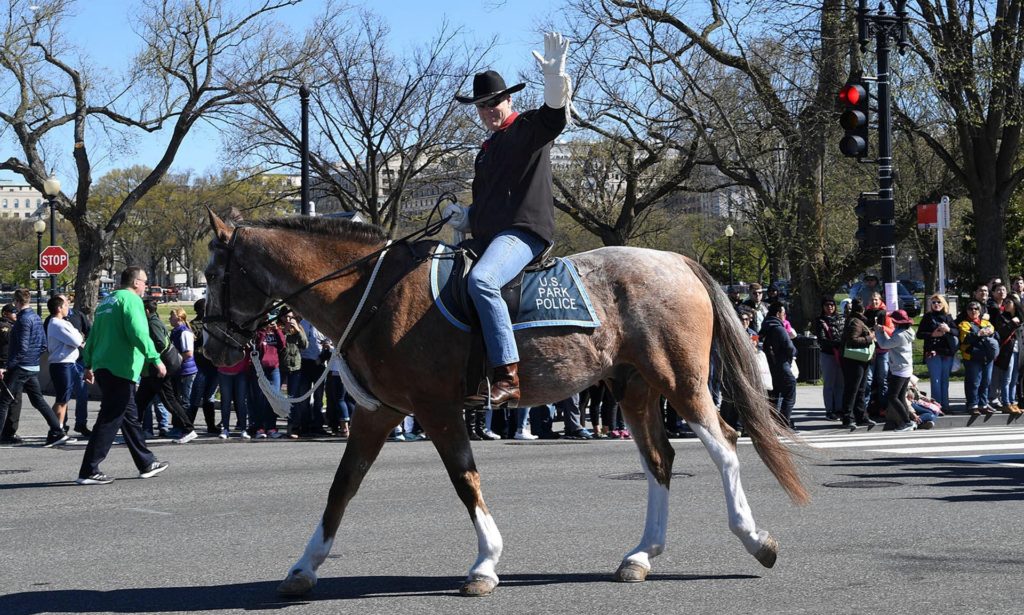
Montana-born interior secretary Ryan Zinke meticulously crafts his image as a wilderness-loving western cowboy and sportsman. But nine months into his job at the Department of the Interior, the act is wearing thin with environmentalists and outdoors enthusiasts who say his early moves demonstrate strong allegiance to the oil, gas and other extractive industries seeking access to some of America’s most spectacular protected landscapes.
He has reversed an Obama-era ban on coal mining on public lands, and proposed changes that would shrink the borders of four national monuments set aside by previous presidents. His agency has taken early steps to open the door to oil exploration in Alaska’s Arctic National Wildlife Refuge – one of the most symbolic and fiercely protected sites of the American environmental movement. He’s announced plans to repeal an important fracking safety rule, and loosened safety guidelines for underwater drilling, both major shifts away from Obama-era environmental protection regulations.
Earlier this week, his agency set off a new firestorm of criticism by announcing that entrance fees for some of America’s most popular national parks will increase substantially next year.
Zinke has reshaped the department, filling top political posts with former executives and lobbyist for the extractive industries. Deputy interior secretary David Bernhardt, for example, is a former lobbyist for the oil and gas industry. According to a report by the Western Values Project, a progressive organization, at least 21 of Zinke’s political appointees have backgrounds tied to extractive industries.
“He sold himself as a Theodore Roosevelt Republican. That means wise use,” said Land Tawney, president of Backcountry Hunters and Anglers, a national conservation group headquartered in Montana. “More and more sportsmen are waking up to what’s going on.”
LINK (via: The Guardian)





